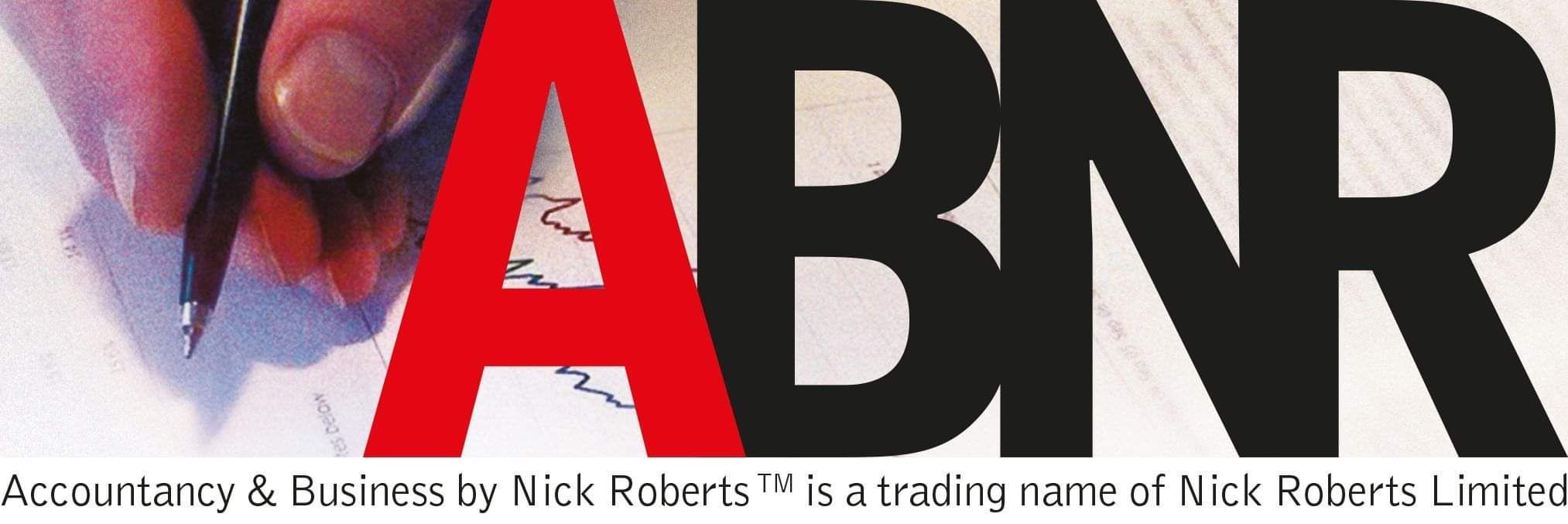Even the NZX can be caught out by a tax audit. The sharemarket business paid $1.2 million extra tax after the Inland Revenue Department checked its books.
For the average small business owner, the thought of a visit from tax inspectors is enough to make them shiver. We asked two experts how to minimise your chances of a painful dispute:
Recognise the risk
You may think there’s no chance of being audited if you are a little one- or two-person band. But added together, small-to-medium enterprises (SMEs) are a big source of tax revenue. Many will never see an investigator, but you cannot assume this, Grant Thornton partner Paul Kane says.
There are dozens of ways to inadvertently attract interest. “You may have an overseas bank account,” Kane says. “If you’re buying and selling a lot of properties, they will see the land transfers.” One of his clients’ financial statements revealed they owned five vehicles despite paying only a pittance in fringe benefit tax (FBT). Others are snapped when disgruntled former employees reveal they were being paid cash.
Nick Roberts, managing partner at the Accountancy and Business Advice Centre, says tax officers sometimes randomly visit people working from home to check they are declaring their income. “They are looking at Trade Me sellers and roadside fruit vendors. They tracked down one American bloke renting his house on bookabach.”
Be prepared for an audit
Roberts says taking tax seriously is part of good business. “A lot of people find it hard to reconcile themselves to paying tax, but if you want a successful business, you have to face it head on.” If nothing else, think of the future, when you may want to sell your business, he says. Do you want to try to convince a purchaser that you’ve been raking in triple what the records show?
Read more here: http://www.stuff.co.nz/busines...


